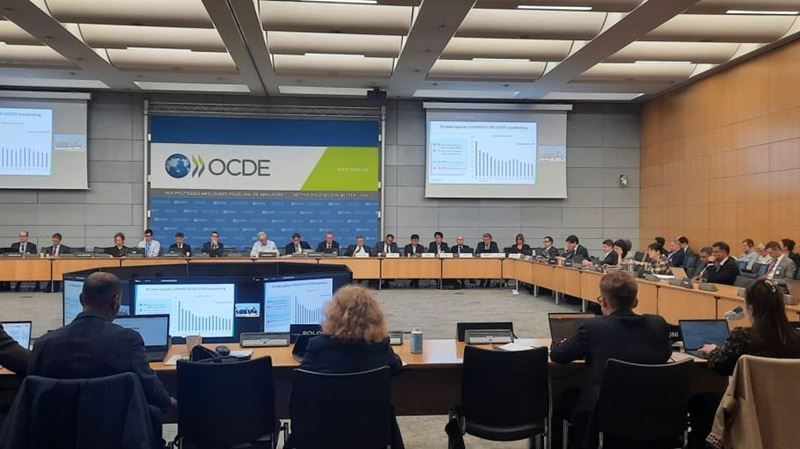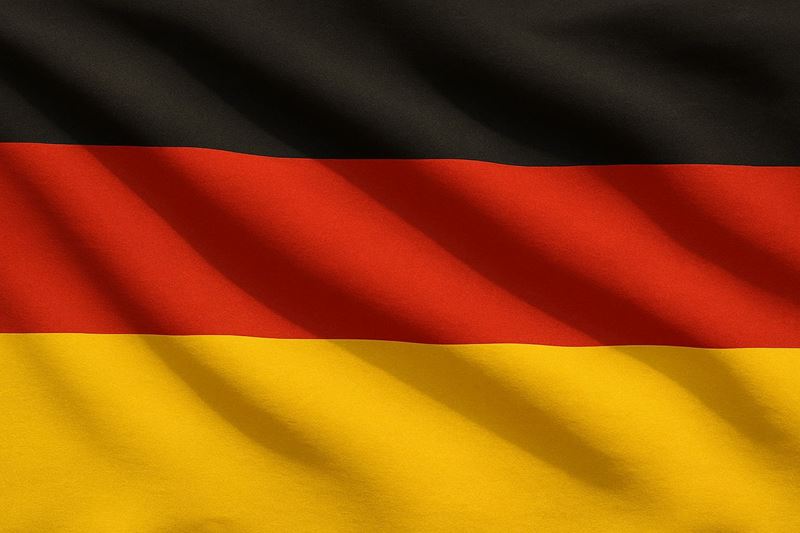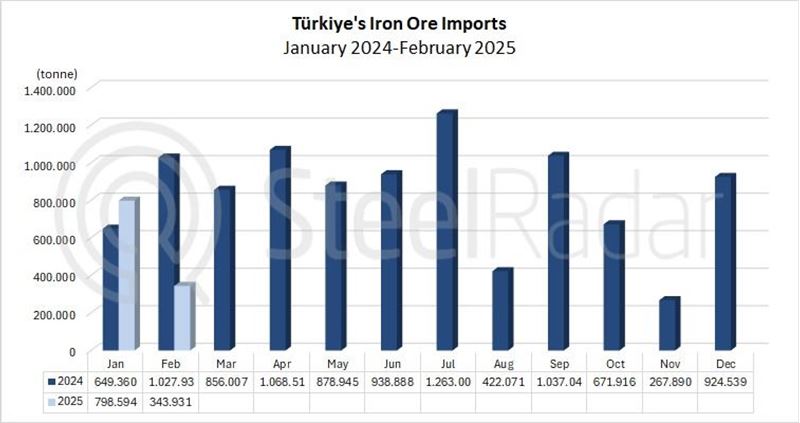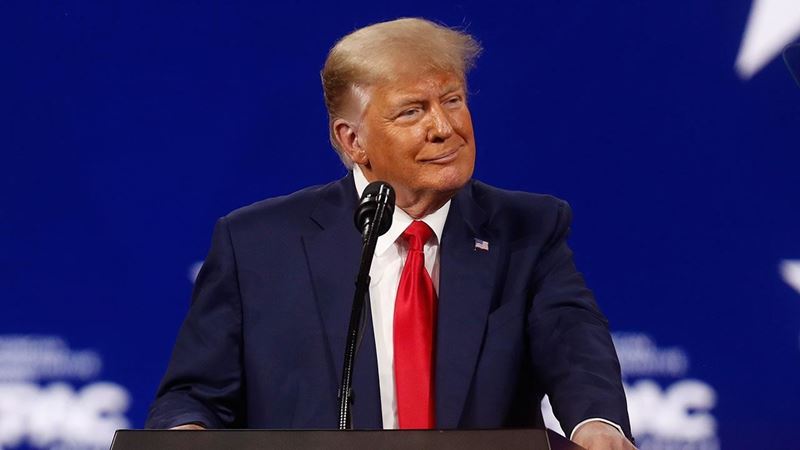Stating that an important step has been taken in the steel industry with the launch of the Carbon Border Adjustment Mechanism, TÇÜD Secretary General Dr. Veysel Yayan underlined that the adaptation of the Turkish steel industry to this process without benefiting from the opportunities enjoyed by the producers in the European Union (EU) will negatively affect competition. Yayan said, "It is important to eliminate this situation, which negatively affects competition, to use mechanisms that are fully compatible with the EU system, to facilitate financing, and to implement the free allocation practices that EU producers have been benefiting from for the last 12 years, in the Turkish steel industry."
There are unclear points
Emphasising that there are still unclear issues in the system, Veysel Yayan said, "One of them is how the independent audit mechanism will be. It is not known how the reported information will be verified. It is considered that such unclear points will be clarified as the process progresses."
The magnitude of the figures is clearly evident
Secretary General Yayan stated that CBAM is a carbon tax by its nature and said, "Within the scope of CBAM, carbon tax will be paid by the importers authorised in the EU for the emissions embedded in the products imported to the EU over the weekly carbon prices determined by the EU Emissions Trading System (ETS). The EU Commission aims to establish a mechanism to equalise the carbon price paid for EU products with the carbon price paid for imported goods, to invest in renewable energy sources and to revise production processes using current technologies in order to reduce the amount of embedded emissions in export goods and the amount of fossil fuels during production. Undoubtedly, this change and transformation is of a costly nature. Considering that 8.7 billion Euros of state support was announced in 8 months in 2023 for decarbonisation of the steel sector in Europe, the size of the figures clearly emerges."
"Turkish steel industry must maintain its price advantage"
Stating that there will be a cost for producers with the EU emission prices and national ETS prices, Yayan said, "First of all, CBAM will not impose a direct burden on Turkish exporters, but will be applied as a tax on the exporter's resident importer partner in the EU. In this case, the Turkish steel sector needs to maintain its price advantage. Maintaining the price advantage will not be easy due to rising raw material and energy prices and there are concerns that this will lead to a contraction in production and a market shift. With the domino effect that will occur, it is possible that the basic sectors such as the steel sector will be affected by this system, the raw material prices of other sectors (automotive, construction, chemistry, etc.) that use these products as the main input will increase, and as a whole, the prices of all final products will be affected by rising input costs to a certain extent and new price balances will be formed."
State support is needed for technological transformation
Stating that Turkiye has a net-zero target for 2053, Veysel Yayan said, "In terms of reducing costs, it is important to establish a national Emissions Trading System (ETS) and to allocate the revenues obtained from this system back to the sectors in order to ensure the transformation of emission-intensive sectors. In addition, state support is also needed to ensure the technological transformation of the sector."









Comments
No comment yet.